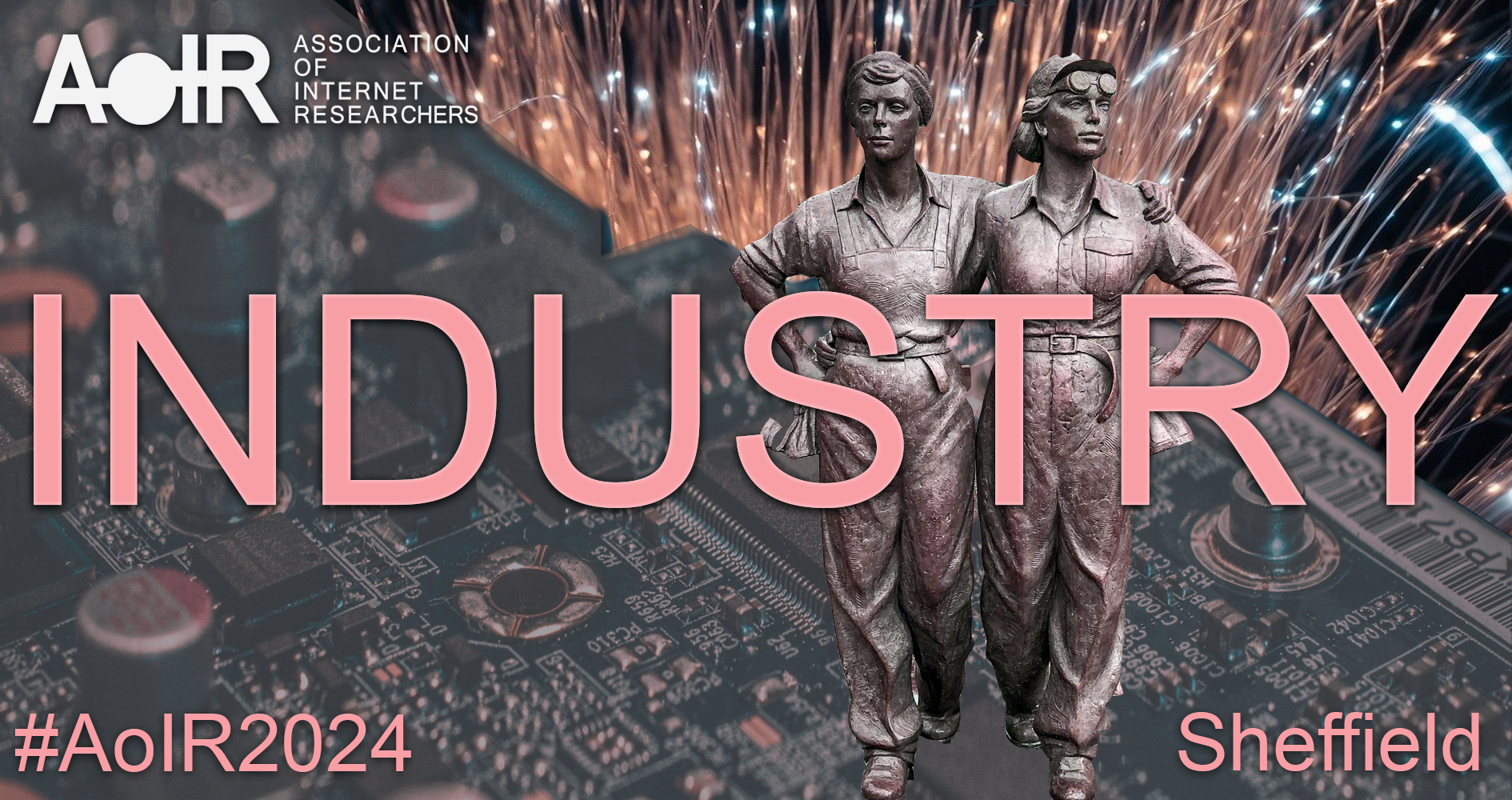Decolonising the Internet
Across the globe, the politics of colonialism are a persistent presence. This is the case in Ireland where the conference year is the centenary of the founding of the Irish Free State after a long struggle for independence from colonial rule. Today, though, Dublin is shaped by new colonising forces in the form of multinational tech giants who are re-fashioning the world in their own image. This centenary thus highlights the existence of, resistance to, and aftermaths of colonialism, as well as its persistence in new forms.
The 2022 AoIR conference will pick up this theme and focus on practices and processes for decolonising the internet and internet research. The legacies of colonialism manifest in various ways across our research objects, subjects, and contexts while new forms of coloniality and resistance are constantly emerging. It is well past time to think through, critique, and intervene into these dynamics.
This conference asks us to consider how we can de-centre white European and North American narratives about the internet, its cultures, its economies, and its infrastructures. It asks us to do more than merely add in different platforms, apps, and user practices – although that is certainly part of the process. It demands attention to persistent structural power relations and hierarchies based in ongoing and historic oppressions in what we do on the internet and as internet researchers. It also points us to the importance of resistant and post-colonial digital practices that challenge these power relations.
We also need to consider how the internet is being built on the expropriation of labour, resources, and culture from colonised spaces and subjects. How do we address the colonial legacies that shape what the internet has become and the ongoing colonialism that determines what it will become? How is the digital economy reproducing oppressions and dispossessions? What new colonialisms are emerging? What subjects are inscribed in and produced through algorithms, AI, and machine learning? Is the internet colonising our social lives, ways of being, or imaginaries?
With attention to these concerns, we must also consider the cultural baggage of our research approaches. How do we theorise outside the dominant Western tradition and dethrone the “great [white] man of history”? How do we move past the domination of the English language in research, publishing, and citation? How do we decolonise our curriculum and teaching in ways that empower, diversify, and meaningfully engage with the realities of colonialism, sexism, and racism? What power relations are reproduced in how we organise and value work in our institutions and how do we change them?
We also need to challenge what we mean by decolonising. Hollowed out in institutional settings and turned into a virtue signalling brand, has the term lost all meaning? What also does it mean in the context of intersecting politics of class, gender, sexuality, sex, and ability? Does the narrative of decolonisation only serve the coloniser, erasing the histories and ongoing experiences of the colonised? Should we be adopting an anti-colonial, post-colonial, or intersectional position instead? Who even is the “we” in this CfP: from whose perspective is “decolonisation” spoken?
This conference is an opportunity to engage openly with these complex and crucial questions. We welcome submissions on the following themes and beyond:
- Digital voices and practices from the margins
- Distributions of power in global digital networks
- Expropriation and exploitation in internet economies
- Critiquing decolonisation
- Alt-internet histories/Internet alt-histories
- Decolonising teaching
- Data colonialism
- De-/Anti-/Post- colonial academic practice
- Racism and racialisation online
- Resistance, struggle, and subversion in the digital colonies
- Online linguistic diversity
- Theorising beyond the canon
- Neo-colonial narratives in digital spaces
- Intersectional and post-colonial internet identities
- Decolonising methodologies, ethics and research
- Colonialism and environmental sustainability
- Radical technologies
We also welcome submissions on topics that address social, cultural, political, legal, aesthetic, economic, and/or philosophical aspects of the internet beyond the conference theme. The committee extends a special invitation to students, researchers, and practitioners who have previously not participated in an AoIR event to submit proposals, and to scholars from the Global South, Black, Indigenous, and People of Color Globally, L.G.B.T.Q.I.A.+ peoples, and people outside or adjacent to the academy.


